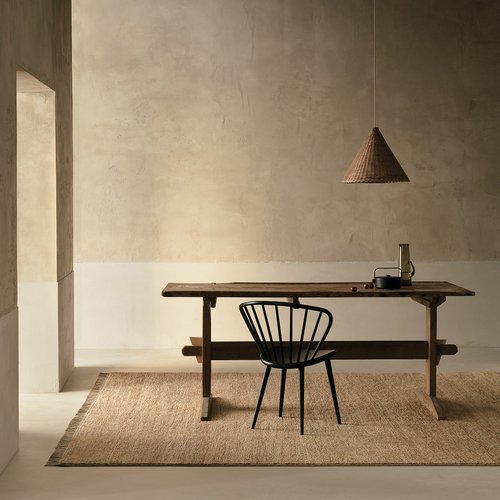
4 min read
Armadillo: Pioneering Sustainability in the World of Rugs
The brand creates timeless, handcrafted rugs that celebrate traditional artistry while prioritizing the environment and social good.
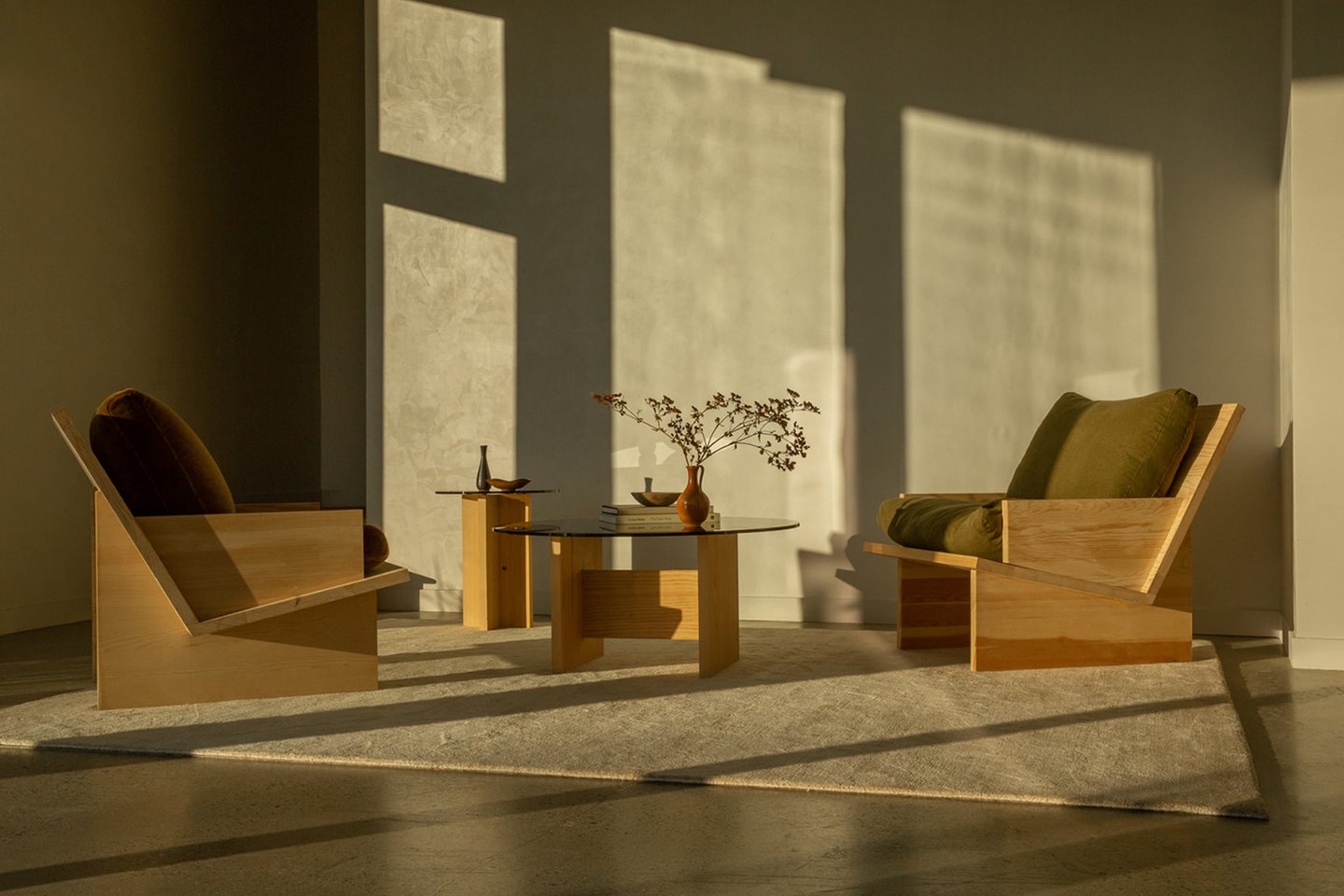
4 min read
Amongst Los Angeles' diverse creative landscape, Kalon Studios stands out for its dedication to crafting furniture with a focus on environmental responsibility, craftsmanship and community.
Tucked away at the end of a commercial strip in Los Angeles’ Atwater Village, there is a special place for lovers of modern, wood furniture: Kalon Studios. In this sunlit two-level showroom, visitors are met with an array of furnishings and objects. Everything is aesthetically harmonious: think clean lines, smooth finishes, solid wood and natural fibers. Designs that are humble and practical, yet elegant.
“Our work isn’t supposed to be precious, we celebrate the small imperfections in the wood, and pieces are built to take everything that life has to throw at them,” explains Michaele Simmering, co-founder of Kalon Studios in a recent interview with WLLW. Simmering is joined by her husband and business partner, Johannes Pauwen.
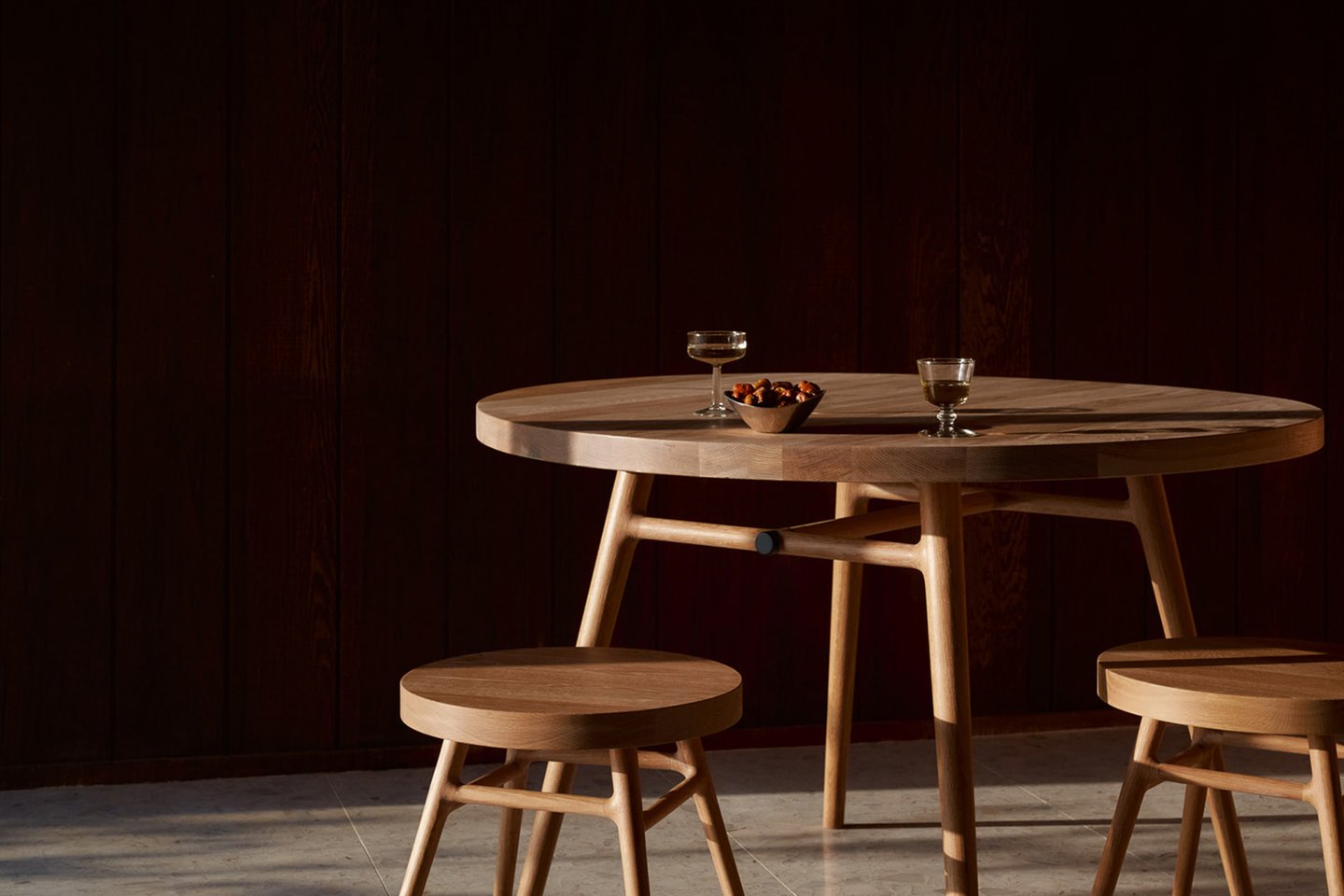
The duo, who are thoughtful in their answers, (“we’re overthinkers” says Simmering) started Kalon from their Los Angeles home in 2007. “For years, we owned very little furniture. We were quite picky about what we brought into our home from a design, ethical and budgetary standpoint, so for years we lived without it,” Simmering says gently. “We began to make our own furniture, and one day we were getting some pieces cut and someone asked us where we were selling them. We honestly had never considered that, but after we thought, well maybe we could.”
Since starting the business their approach to making furniture remains much like their own accumulation process – slow and considered. The emphasis here is on pieces that will look beautiful, age well, can be produced sustainably, and which tell a story about where they have come from, perhaps even saying something about their owners.
“There was a period when designers believed that the pieces they were creating could make lives better. We very much believe that still,” Simmering explains. "Johannes and I have always been fascinated by objects, and we really believe that the pieces we live with have a very real impact on how we experience things physically, and maybe they even have a subliminal influence on how we value things too. So, when people come to our shop we want them to see beyond how a piece looks to consider how it was made, the appreciation of natural resources, craftsmanship and the value of the human hand. If people bring those sorts of objects into their homes it signals a certain set of values.”
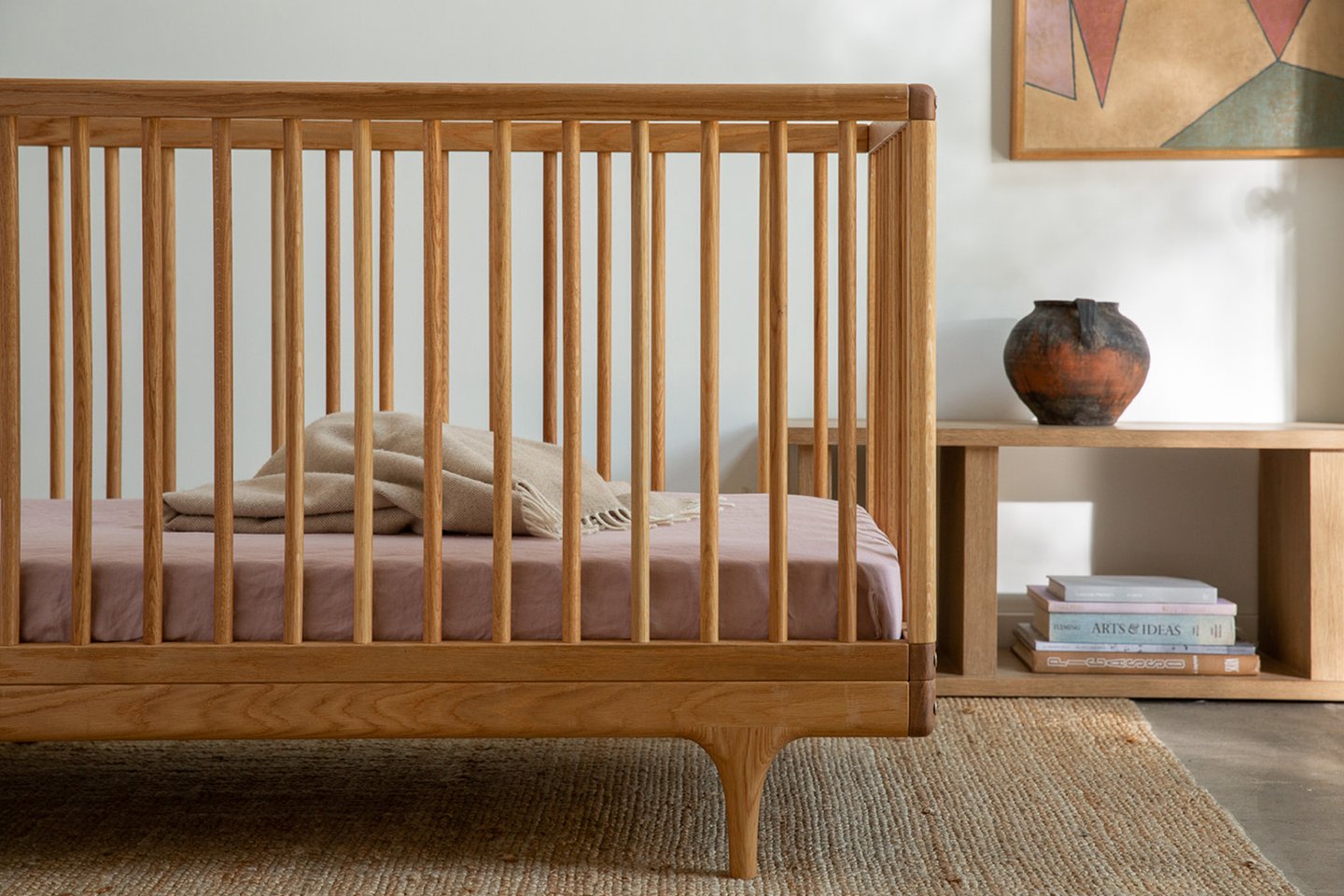
Each Kalon piece reflects the founder's take on considered aesthetics, functionality and sustainability. Their collections are made using timber that's both domestically sourced and responsibly managed. Depending on the wood specified and the requirements of the design, the furniture is manufactured in different regions of the US, with designs brought to life by local teams of woodworkers and craftspeople. Kalon consistently prioritizes longevity over obsolescence, designing pieces with the flexibility to evolve alongside their owner's changing needs.
“There was a period when designers believed that the pieces they were making could make lives better. We very much believe that still.”
Michaele Simmering
To date, many of the works have been made in New England and the Mid-Atlantic, regions replete with lumber and a rich woodworking culture. The studio frequently works with Mennonites and Amish communities in Pennsylvania, who have a long history in the trade and place emphasis on craftsmanship and quality above all else. “Our process is always to strip things back to the basics, to work with raw materials and find people who also like to work in that way,” Pauwen shares. “Part of our thinking is how to keep sustaining and engaging local trade communities.”
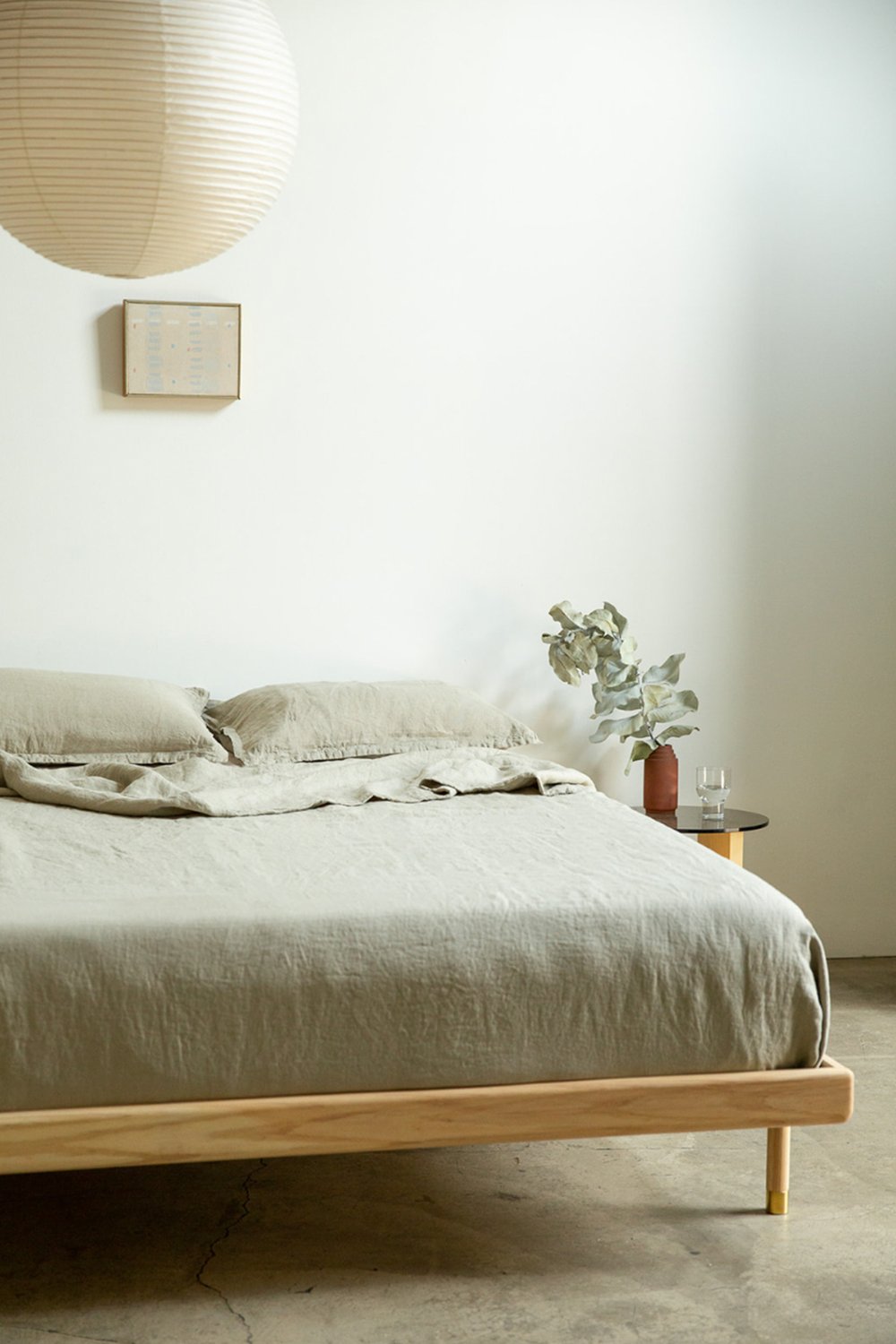
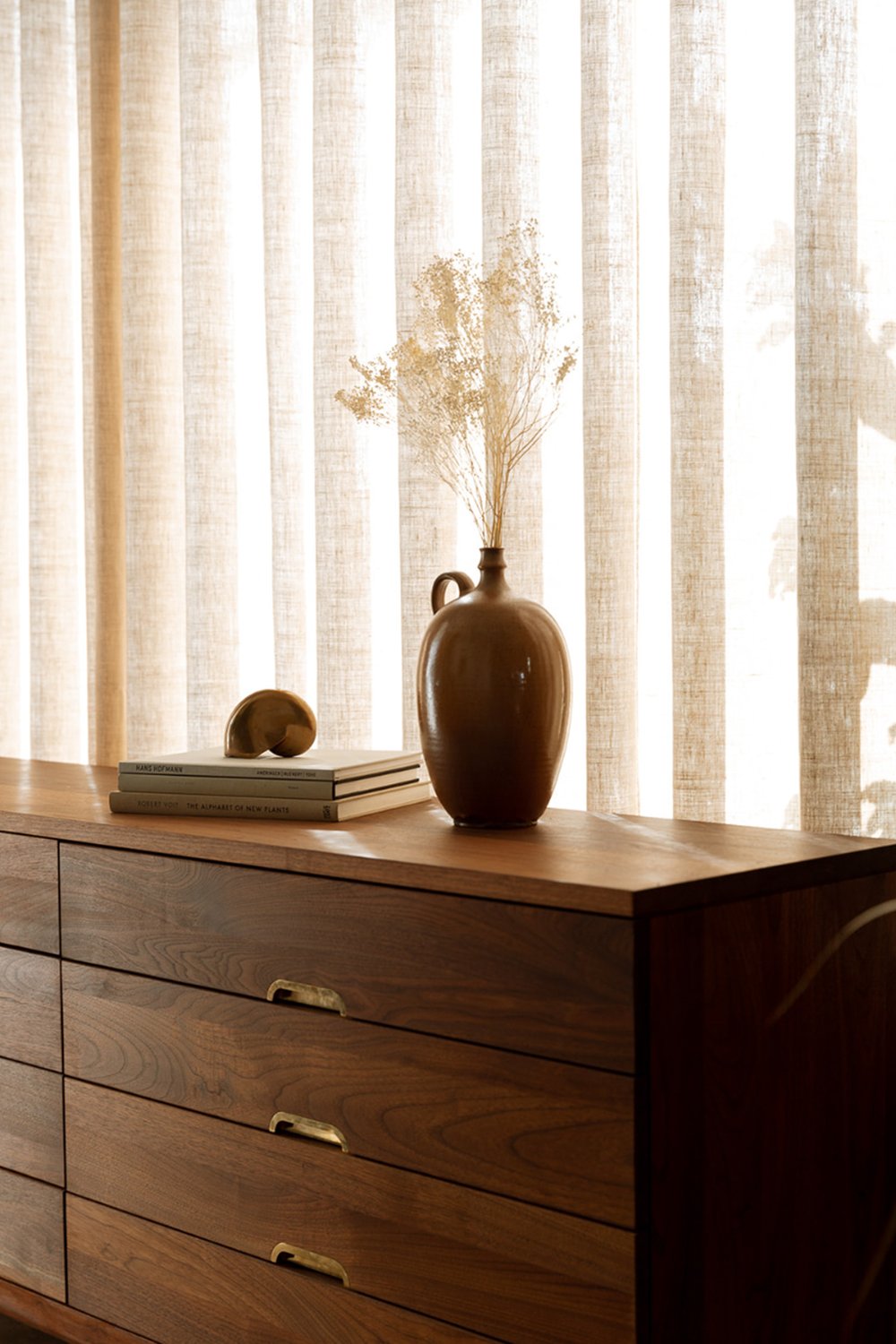
In the fast-paced commercial market for domestic furniture, Kalon seems like an outlier. The couple attributes their independent approach to time spent in Germany, where Pauwen hails from and where the couple called home before they moved to LA. In Berlin, the pair took up various creative jobs. Simmering with a writing and art background and Pauwen, a designer. “It was a hugely influential,” Simmering says, “we were both there in the days where it was post-Wall, but before gentrification, it was mostly young creatives just trying to figure it out.”
Over time, this approach became ingrained in both of them. “Germany has a real sense of sustainable local industry,” adds Pauwen. “These ideas of supporting local culture and businesses, and just the do-it-yourself mentality we found ourselves surrounded by, all greatly influenced how we wanted to set up our company and the initial products that we made.”
At the start, many doubted the couple could pull it off. “It was a time when sustainability wasn’t a word too often used, so a lot of people we talked to [in the US] thought it was a mistake. But from the outset, it was very clear that if it was going to be our company, that meant we could do things the way we wanted to do them,” Simmering explains. “It’s had its challenges, of course. Sometimes you wonder why we are doing this; holistic sustainability is not easy. There are so many considerations, but it is worth it.”
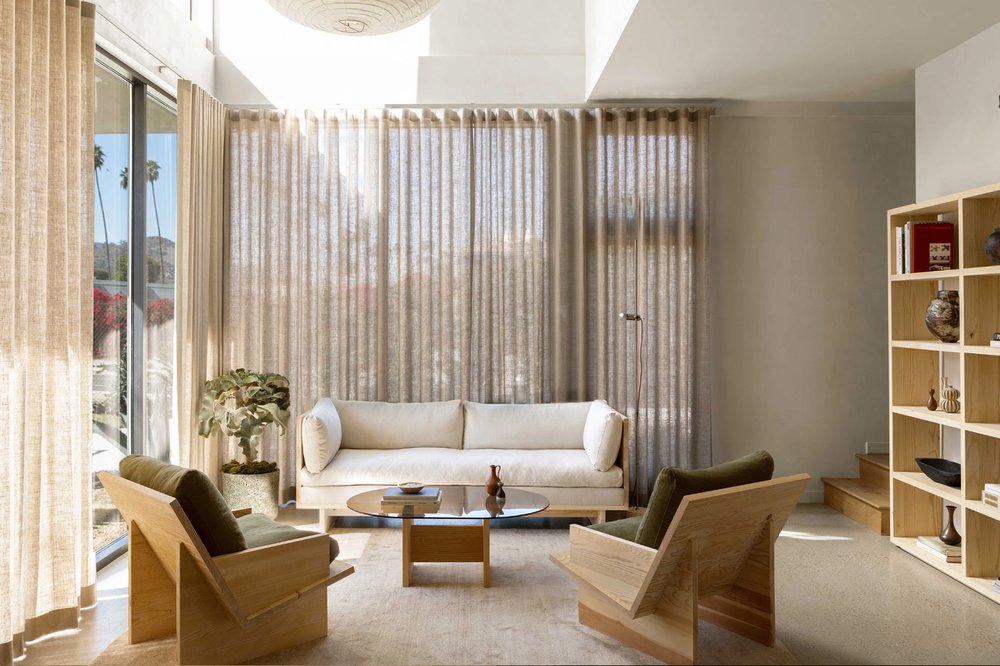
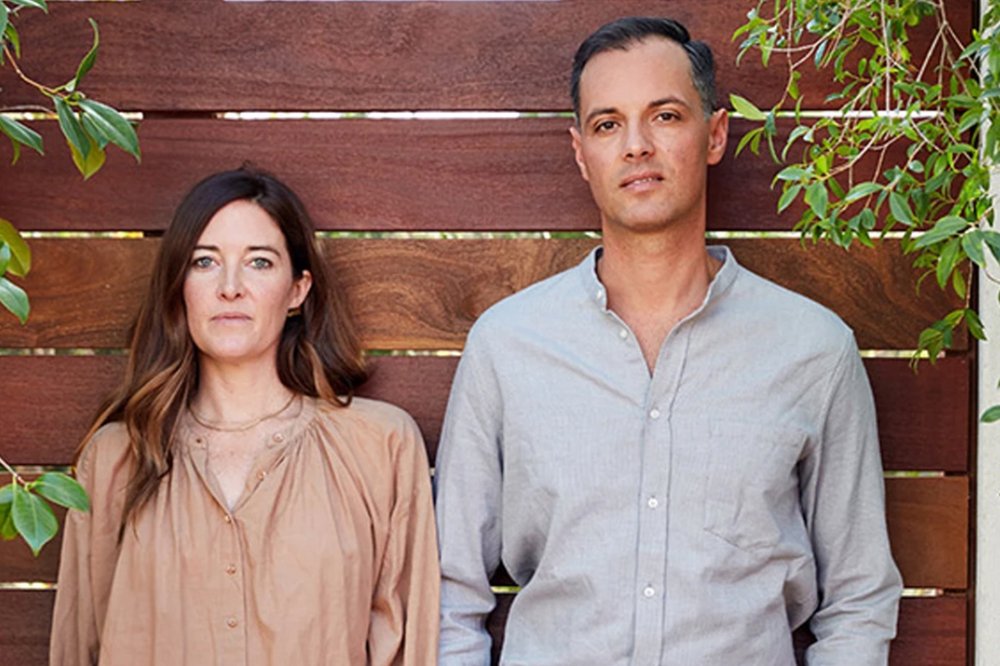
Today, in the Atwater enclave where their showroom is located, makers and designers are plentiful and many are also interested in reducing their environmental impacts. In fact, the Kalon showroom is a testament to this; alongside their furniture, it features works from like-minded ethical creatives, including ceramics, sculpture, lighting and photography.
“Living and working here, we’ve seen the creative community flourish in recent years. For us, supporting the community and giving a platform to kindred independent makers and creatives is key to building a sustainable business that we can be proud of.”
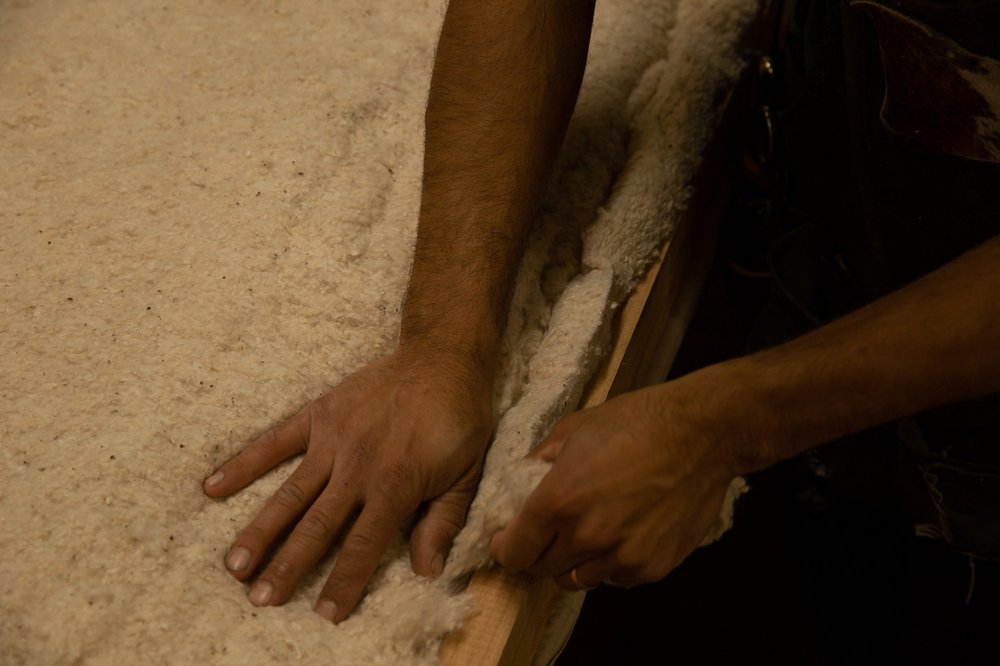
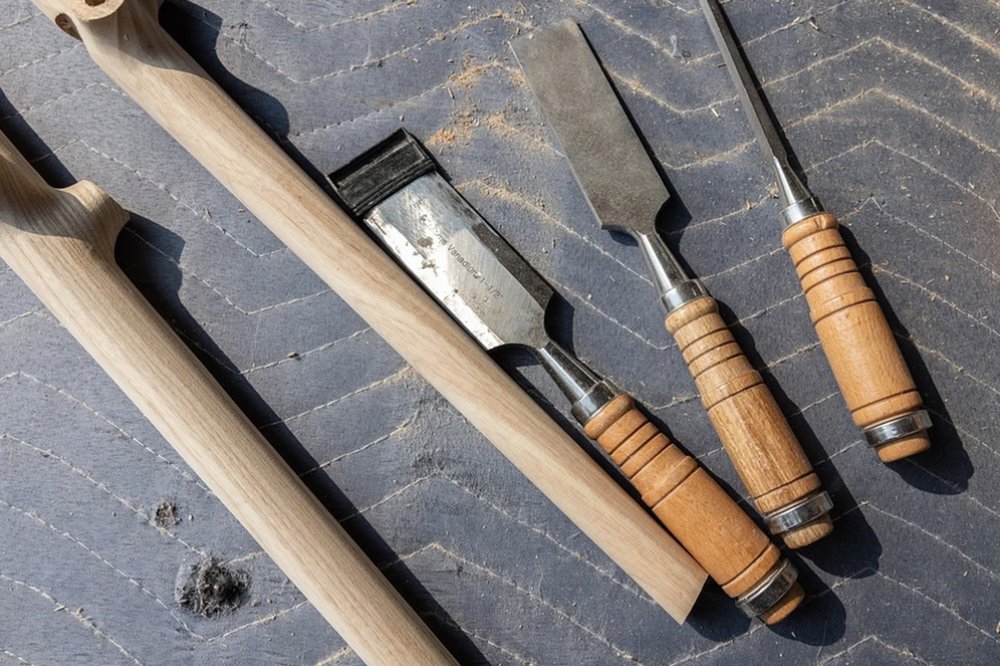
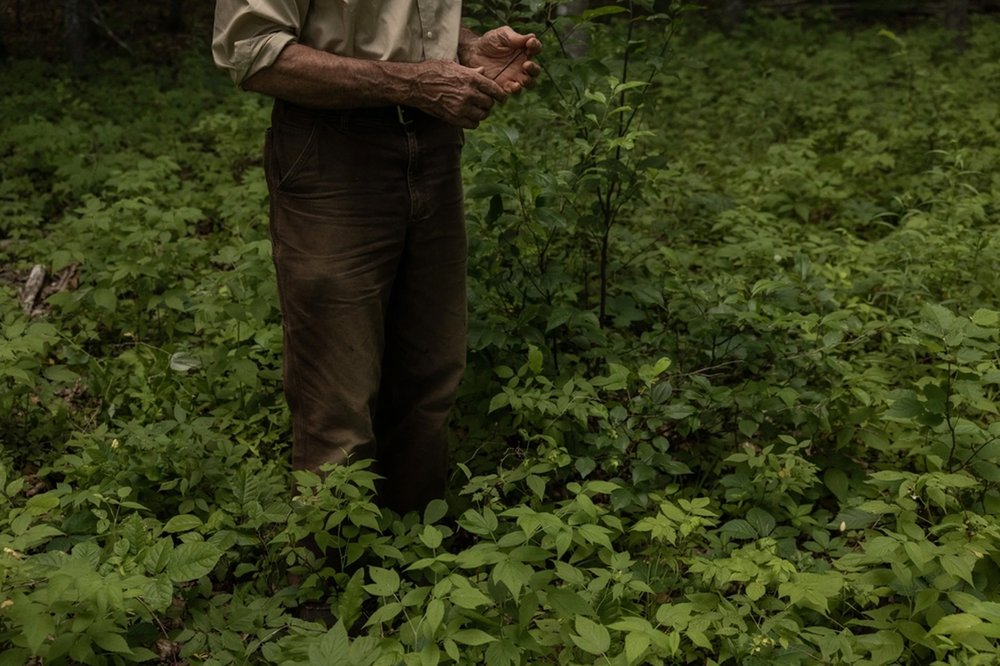
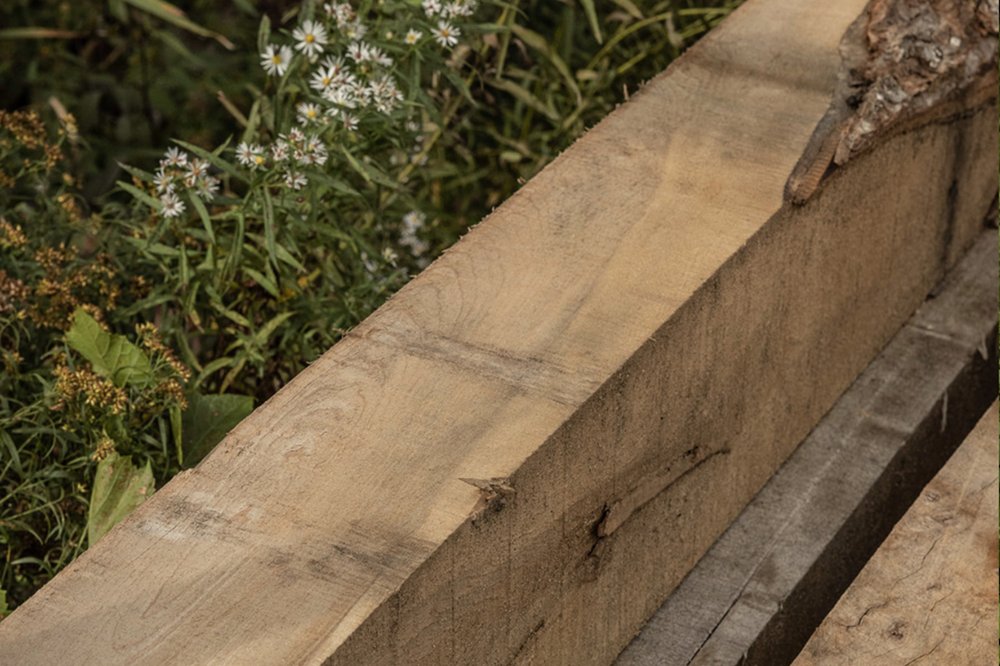
Photography: Kalon Studios

4 min read
The brand creates timeless, handcrafted rugs that celebrate traditional artistry while prioritizing the environment and social good.
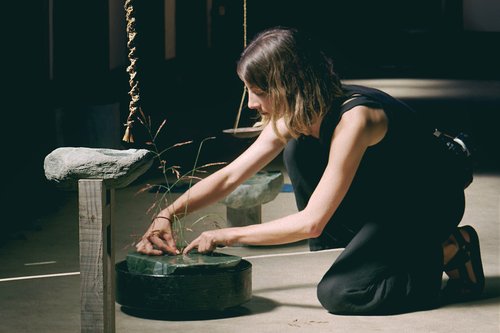
2 min read
Artist and designer Lily Clark masterfully blends nature's rhythms with precision engineering, interpreting California's landscapes into mesmerizing, architectural water features for the home.